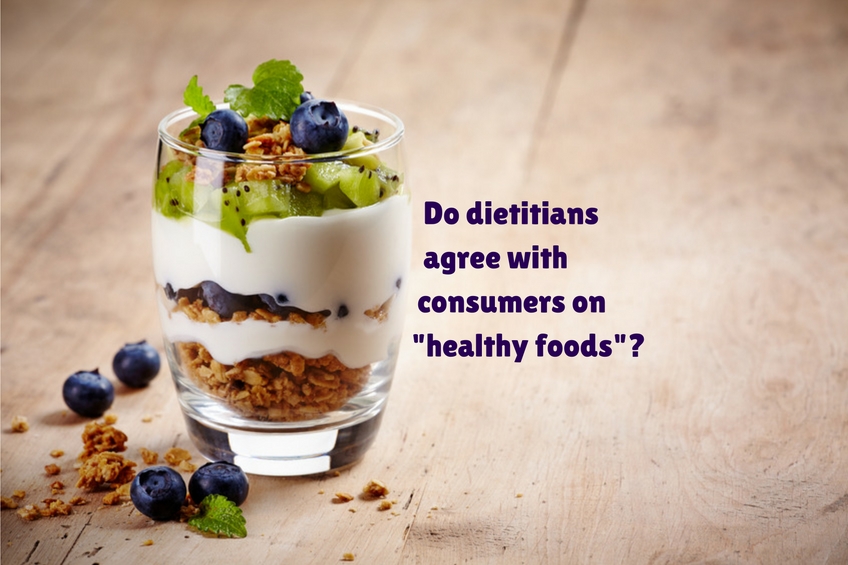Your stomach tells you you’re hungry. Your heart tells you to go healthy. Your eyes fixate on a granola bar.
This is where you need your brain to kick in.
Many of us think of foods like granola as being eminently healthy. But nutrition experts see some of the same foods quite differently than perhaps the rest of us do…
The New York Times recently studied this phenomenon with the help of the Morning Consult, a media and polling company. Representative samples of nutritionists and ordinary consumers were surveyed as to whether about 50 items should be considered “healthy.” The disparity of opinion was pretty pronounced.
Consensus was reached on almonds, avocados, kale and spinach (healthy). Same for beer, chocolate-chip cookies, french fries and soda (not healthy).
But in the vast space in between, much dissension reigns.
“I do see this disparity with clients ““ quite frequently, in fact,” said Karah Stanley, a registered dietitian with St. Elizabeth Weight Management Center. “One of the biggest surprises for patients I speak with is learning that some foods that have received a lot of hype for being healthy actually aren’t all that great for us.”
Take the granola bar, which had the greatest discrepancy between what the nutritionists thought (28 percent said healthy) compared with the public (71 percent healthy) in the Times/Morning Consult report.
Consider a leading national brand’s maple brown sugar granola bar: one serving has 190 calories, 7 grams of fat and 12 grams of sugars. Your traditional leading chocolate bar has 210 calories, 13 grams of fat and 24 grams of sugars. There was a disconnect with granola as well, seen as healthy by 47 percent of nutritionists but 80 percent of the public.
“Foods like granola and granola bars are usually viewed as healthy choices,” Stanley said. “While they can have whole grains and fiber, they can also be loaded with sugar and sometimes fat, making them resemble more of a candy bar than a health food.”
No. 2 on the list was coconut oil, seen as healthy by 72 percent of consumers but only 37 percent of nutritionists.
“Another surprise I’ve seen is that coconut oil is not a great food to include in our diets with abandon,” Stanley said. “Coconut oil has just as much fat and calories as other types of oils. It is a source of fat that is mostly saturated, as opposed to olive oil, which is a heart-healthy unsaturated fat.”
Others consumers rated more highly than experts included frozen yogurt (66 percent vs. 32 percent), orange juice (78 percent vs. 62 percent) and American cheese (39 percent vs. 24 percent).
What did nutritionists regard more highly than consumers? The top five: Quinoa (89 percent vs. 58 percent), tofu (85 percent vs. 57 percent), sushi (75 percent vs. 49 percent), hummus (90 percent vs. 66 percent) and wine (70 percent vs. 52 percent).


